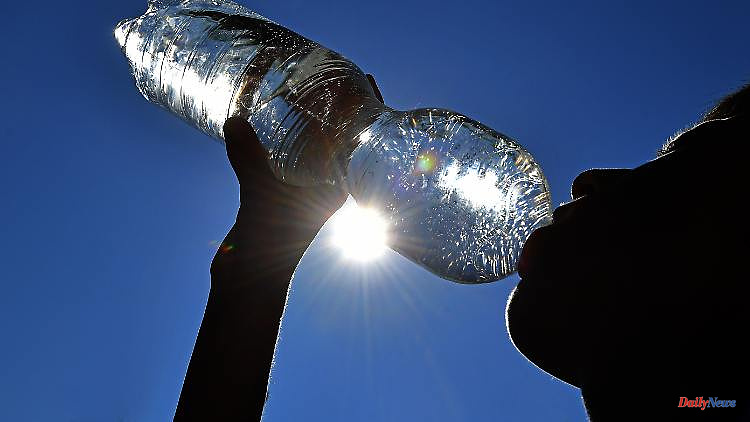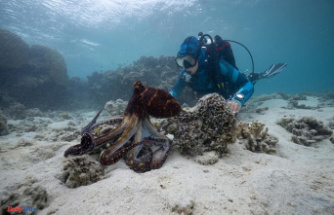It is summer. And pretty hot. Time, then, for some well-intentioned advice on cooling down. But anyone who thinks that an ice-cold drink or a cold shower cools the body is wrong. A fact check.
In order to get through the day and night well in the extreme heat, most people rely on chilled drinks, short clothing and cold showers. But do these measures really help when your body is dripping with sweat? A fact check.
Take a warm shower instead of a cold one
With temperatures of more than 30 degrees, many tend to take an ice-cold shower. But it is precisely this that ensures that our body sweats even more, as it begins to work to balance the temperature again due to the rapid change from hot to cold. In addition, our circulation is additionally burdened. The Federal Office for Civil Protection and Disaster Assistance (BBK) recommends a lukewarm shower or a cooling foot bath instead.
Better to drink lukewarm tea
Hardly anyone can resist the thought of an ice-cold soda in summer. However, chilled drinks cause the same body reaction as a cold shower: the body works even harder. Lukewarm drinks, such as peppermint tea, have a better and more lasting effect.
Long clothes made of light material
When it's hot outside, most people wear short clothes. The air circulates better with long clothing made of light material such as linen or cotton. Another tip: Black clothing blocks harmful sun rays better - and is therefore a better sun protection than white fabric.
Avoid midday and after-work sun
Many believe that it is hottest under the midday sun. Numerous weather experts also warn of the "after-work heat". Because between 4 p.m. and 5 p.m. the temperature is usually highest in midsummer. So when the sun is at its highest, that doesn't mean that the thermometer is also at its highest. In principle, however, caution should also be exercised between 11 a.m. and 2 p.m. when staying in the sun.
Beware of sand and water
Anyone who likes to spend the summer on the beach should by no means skimp on sunscreen. Because: The sun reflects both in the water and in the sand, so that sunburn occurs even more easily. Incidentally, this phenomenon also occurs when there is snow on the glacier, which increases solar radiation by up to 90 percent.












